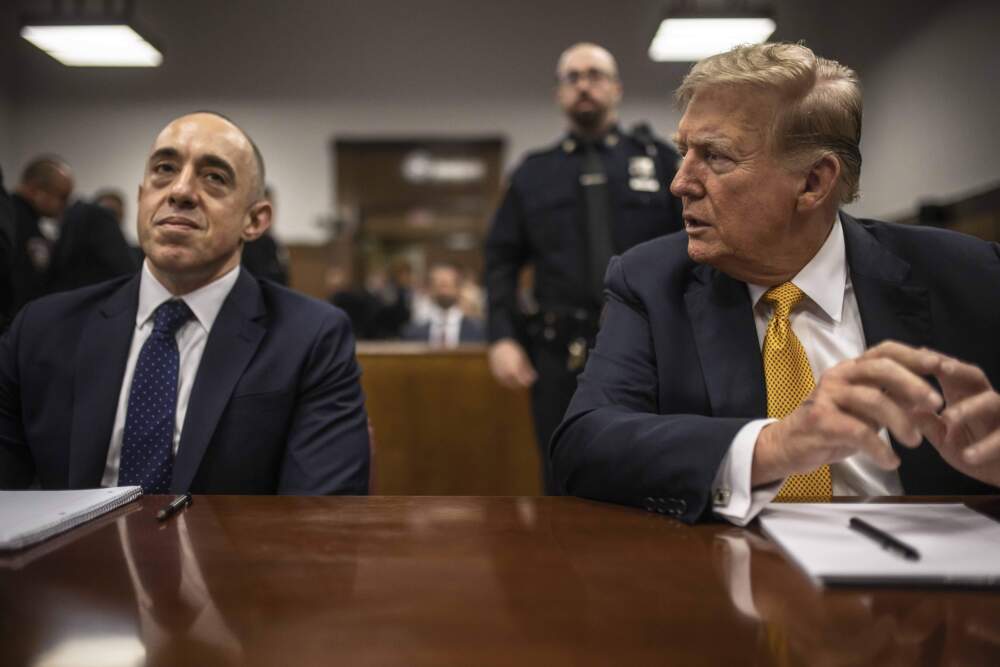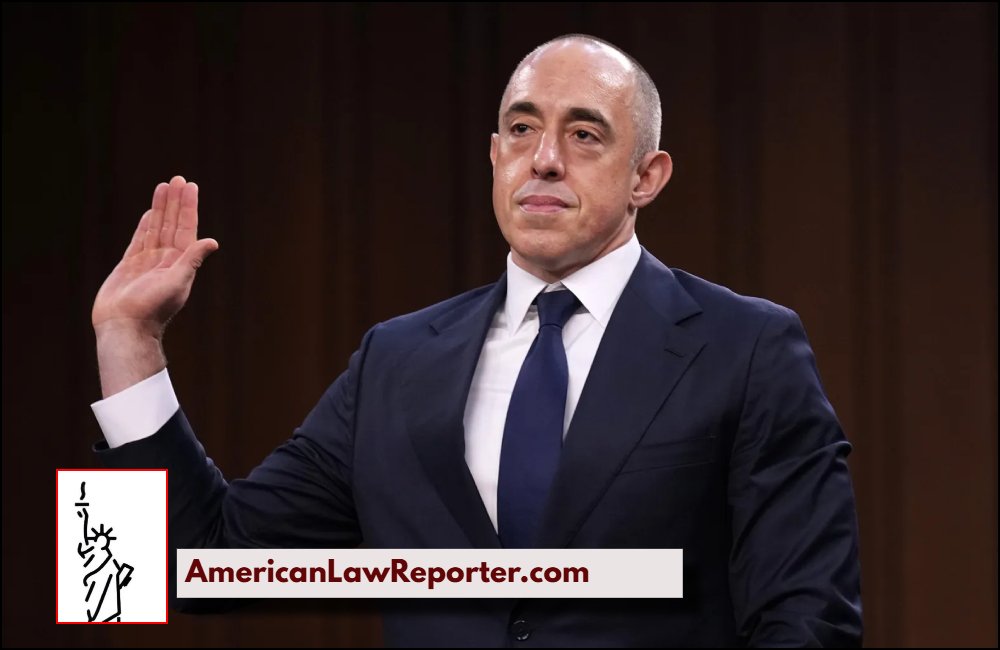In a deeply divided 50–49 vote, the U.S. Senate has confirmed Emil Bove, personal criminal defense attorney to President Donald Trump, to a lifetime seat on the U.S. Court of Appeals for the Third Circuit, one of the nation’s most powerful appellate courts.
The vote passed strictly along party lines, with Republicans unanimously backing the nomination and Democrats vocally opposing it.
Bove’s confirmation marks an unprecedented moment in modern American judicial history: the appointment of a sitting president’s own criminal defense lawyer to a lifetime judicial role.
Legal scholars, former judges, and government watchdogs have called the move “deeply inappropriate,” warning of long-term consequences for judicial independence.
“This isn’t just a bad nominee—it’s a fundamental breach of the wall that should exist between the executive branch and the judiciary,” said one former federal judge who requested anonymity, citing professional ethics concerns.
Troubling DOJ Record Raises Ethical Concerns

Before his nomination, Bove served as a senior official at the Department of Justice under the Trump administration. His tenure there has drawn criticism for what legal observers describe as weaponizing the DOJ to serve political ends. Among the most controversial actions during his time at DOJ:
- Orchestrated mass firings and reassignments of DOJ and FBI officials involved in the January 6th Capitol riot investigations.
- Ordered DOJ to defy federal court rulings, notably arranging the forced repatriation of Kilmar Abrego Garcia from El Salvador’s notorious CECOT prison, despite pending appeals and international objections.
- Dropped federal corruption charges against New York City Mayor Eric Adams—allegedly in exchange for political support for Trump’s reelection agenda.
- Refused to characterize or condemn the January 6th insurrection during his Senate confirmation process, avoiding direct answers on the legitimacy of the 2020 election or the constitutional impact of the Capitol breach.
Senate Democrats Protested Confirmation Process
Just two weeks prior to the vote, Senate Democrats walked out of the chamber in protest, denouncing what they described as a “sham confirmation” that circumvented meaningful debate and scrutiny.
“The American people deserve judges who are impartial, not handpicked loyalists who served as personal legal shields for the president,” said one Democratic senator. “This process was a disgrace to the institution of judicial confirmation.”
Despite widespread condemnation from judicial ethics organizations, Republican leadership moved quickly to solidify Bove’s position, cementing a key Trump ally on the appellate bench just as the administration expands its legal battles over executive power, immigration, and election law.
A Judiciary Under Pressure
Bove’s confirmation comes amid growing concerns about the politicization of the federal judiciary under the Trump administration. With dozens of judges appointed over the past year, legal analysts warn of a future where judicial rulings may increasingly reflect partisan loyalties rather than neutral legal interpretation.
“This is a serious erosion of the independence of the courts,” said a constitutional law professor at renowned university. “The judiciary has to be a check on executive power—not an extension of it.”
What’s Next?
As a Third Circuit judge, Bove will wield significant authority over cases arising from Pennsylvania, New Jersey, Delaware, and the Virgin Islands.
His rulings could shape the legal landscape on civil rights, immigration enforcement, and executive privilege for decades to come.

